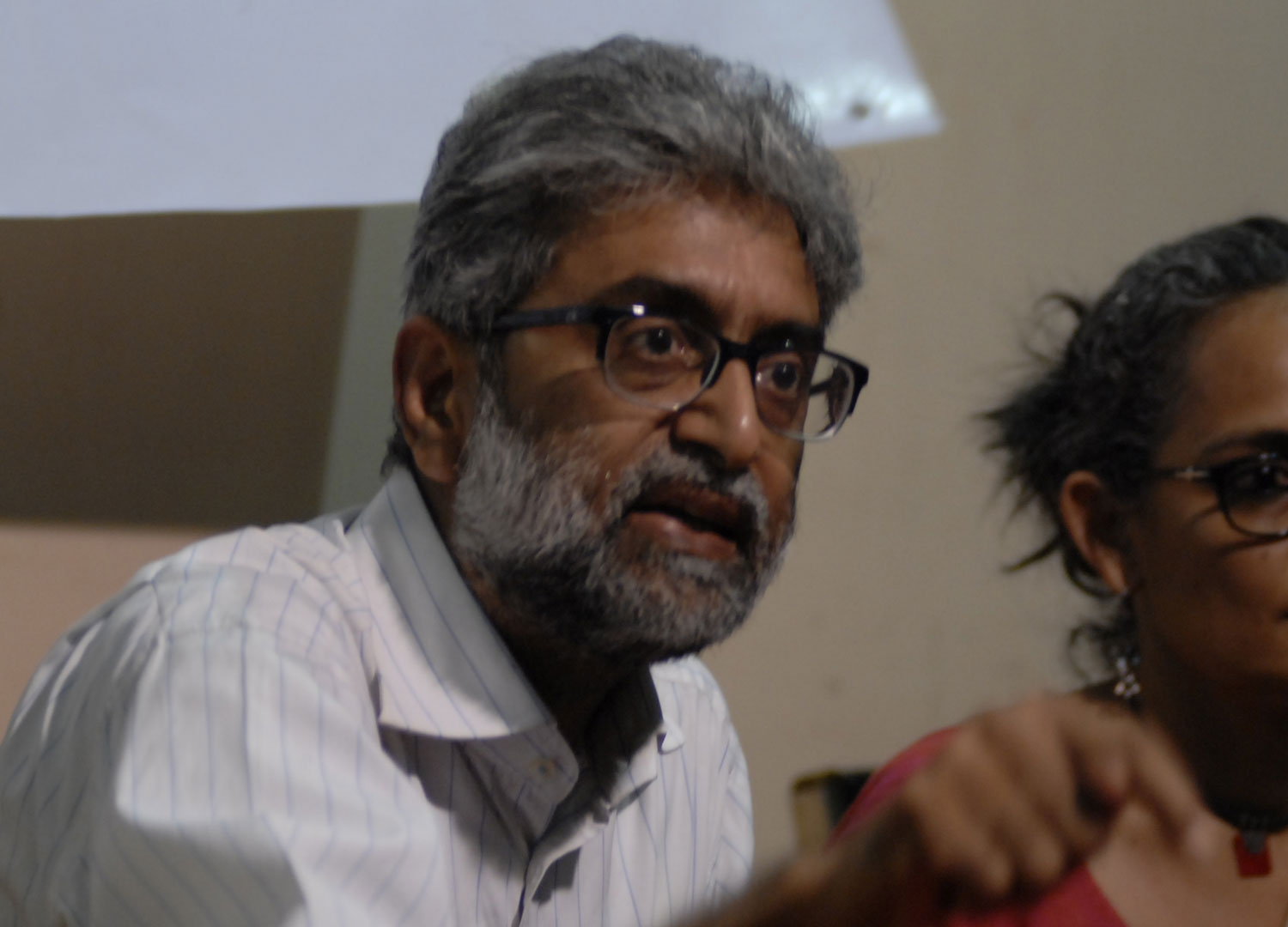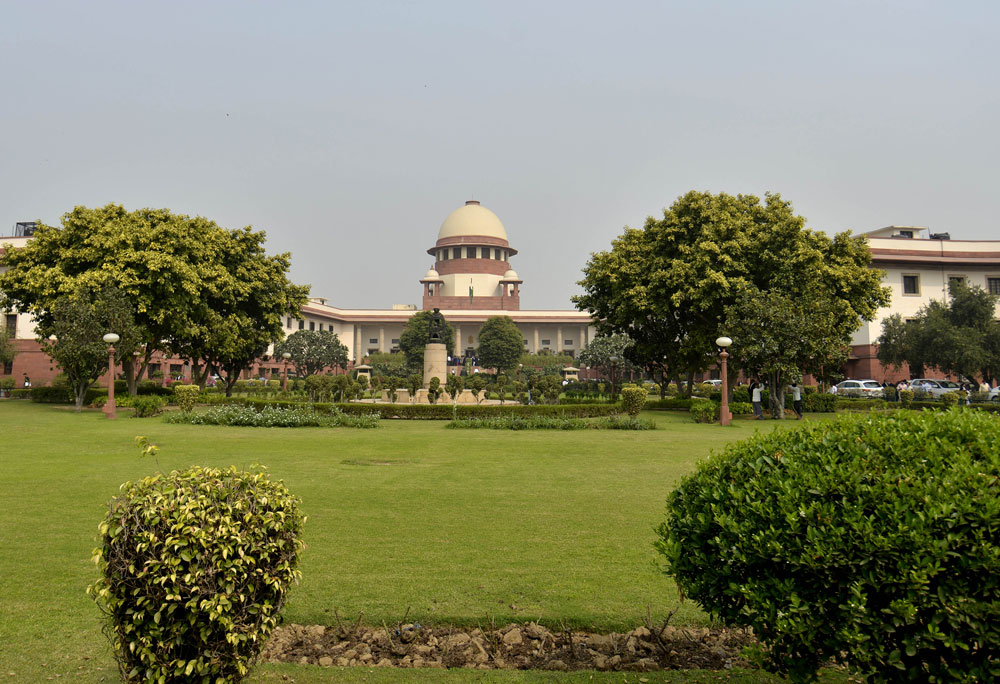The Maharashtra government on Wednesday moved the Supreme Court challenging Delhi High Court’s October 1 decision to order the release of civil liberties activist Gautam Navlakha, earlier arrested by Pune police for alleged links with Maoists and the Bhima-Koregaon violence.
The high court had on October 1 quashed the transit remand a judicial magistrate had granted earlier to Pune police on the ground that Navlakha had not been informed about the grounds of his arrest.
The court also said the magistrate did not apply his mind while granting the transit remand of the accused following his arrest in the national capital.
Navlakha was among five rights activists arrested in August following searches in several cities in connection with the Bhima-Koregaon violence in January in Maharashtra.
On Monday, Delhi High Court had allowed Navlakha to be freed from house arrest, citing a recent Supreme Court order permitting the five activists to approach appropriate courts within four weeks.
In its appeal filed through advocate Nishant Katneshwar, the Maharashtra government said the high court should not have entertained the habeas corpus petition filed on behalf of Navlakha.
The court said Navlakha was in lawful police custody, whereas a habeas corpus petition is filed only for the production of a person whose whereabouts are not known.
The state also argued that the high court had taken an erroneous view that Navlakha’s remand was illegal since no case diary was produced before the magistrate by the investigating agency.
The state said that under Section 167 of the Criminal Procedure Code there was no mandatory requirement for production of case diaries in case of a transit remand as the accused was only being taken on a transit remand for his production before the competent court in Maharashtra.
The Maharashtra government also argued that it had incriminating material against Navlakha about his alleged Maoist links and the Bhima-Koregaon violence.
The matter is yet to be formally listed before the apex court.













